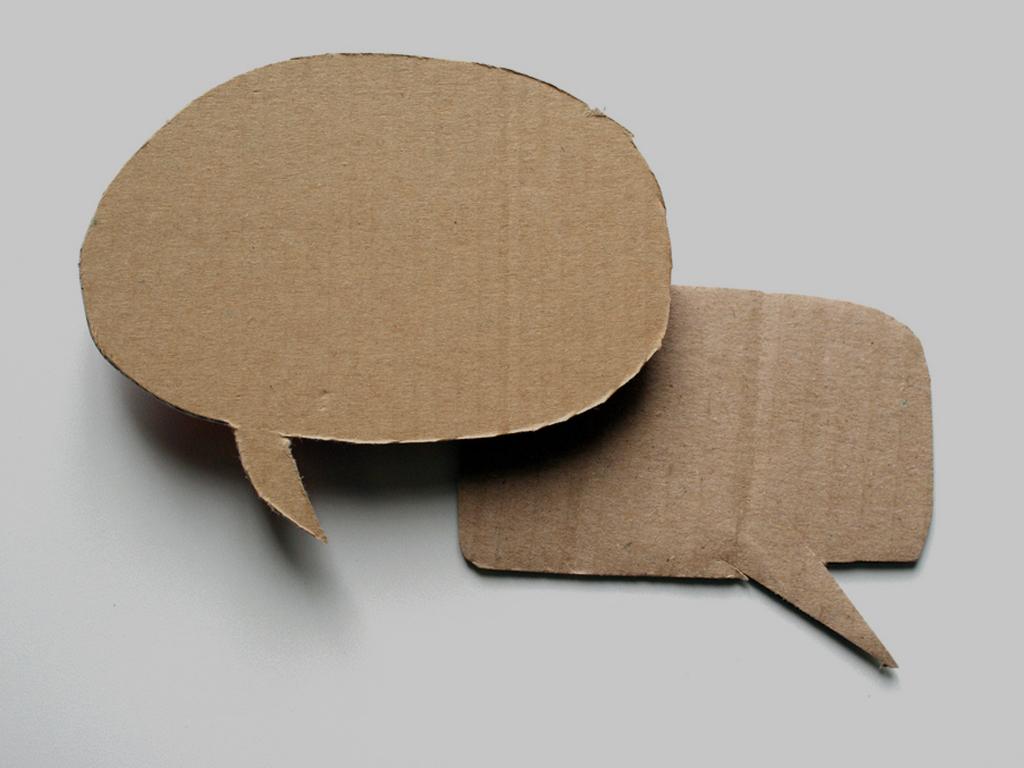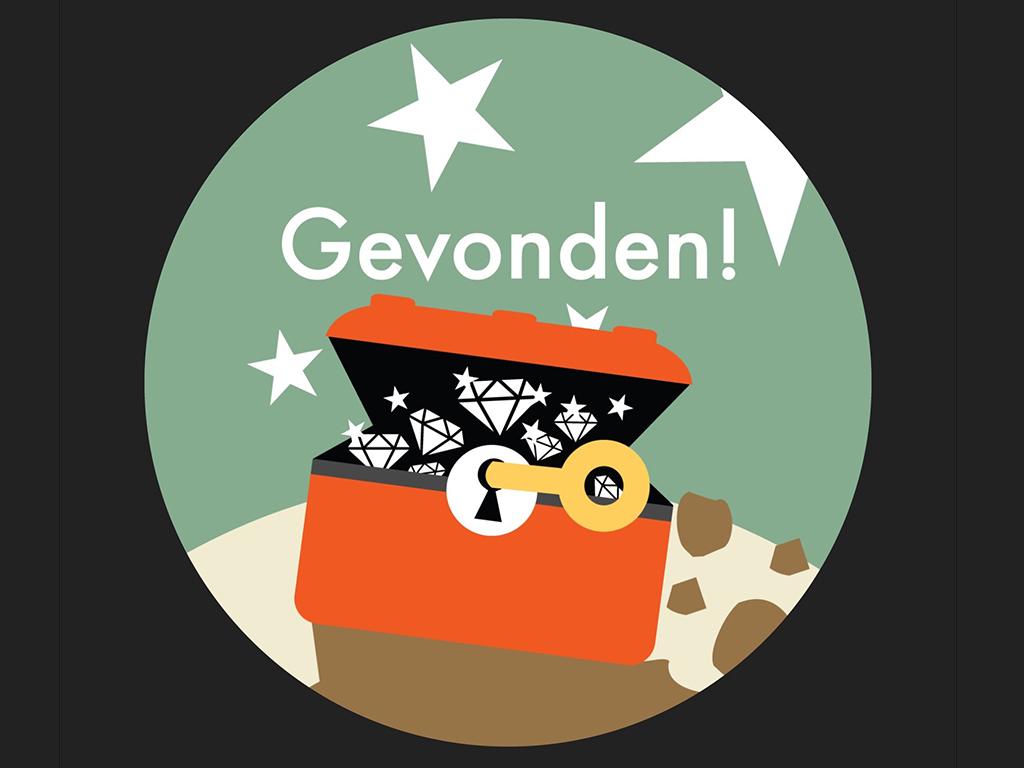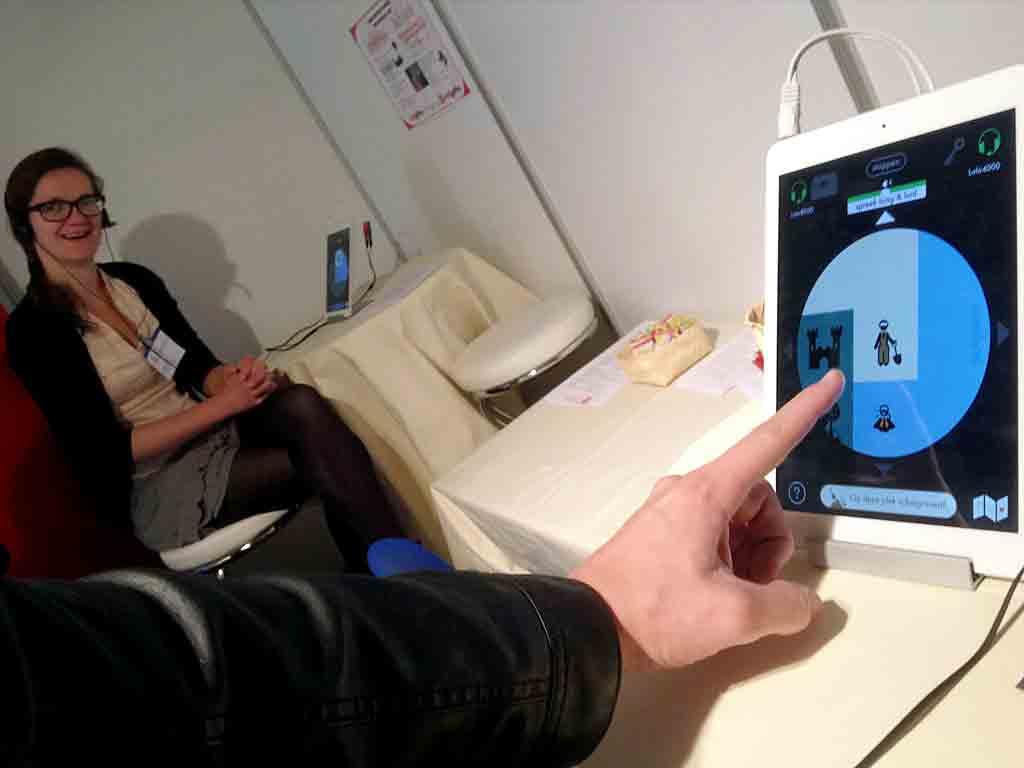The Radboud University will start with the CHASING project, that develops speech training for neurological patients by interactive gaming.
The CHASING project is an extension of the EST research program, which investigates the potentials of web-based speech training for neurological patients. Results so far indicate that patients appreciate web-based speech training as opposed to face-to face training with a therapist, and that this training has positive effects for chronic neurological patients with dysarthric speech and diminished speech intelligibility. Chronic patients with Parkinson’s disease and stroke tend to succeed in realizing the targeted increased voice intensity (i.e. loudness), which is required for adequate communication, but speech intelligibility lags behind. Improved articulation is believed to lead to improved speech intelligibility, but this requires further research. Since auditory speech discrimination skills in neurological patients call for augmentative feedback, patients received visual feedback on their speech, which was perceived as static and abstract.
The current results indicate the need to develop advanced, motivating training devices that provide guidance on articulation improvement and that allow the integrated benefits of intensified, independent speech training. Serious games are known to have strong motivational power, depending on the social setting (Gajadhar, 2009). To study to what extent serious games and games principles motivate and support neurological patients in speech training, an interactive, intuitive, user adaptive game for speech training that makes use of advanced speech technology and is compatible with mobile platforms will be developed and tested.
Project partners
The project CHASING is a cooperation of the Centre for Language and Speech Technology (CLST) of the Radboud University Nijmegen, the St Maartenskliniek and Waag. A subsidy for the project has been granted by the programme Creative industry of the Dutch organisation for Scientific Research (NWO).


